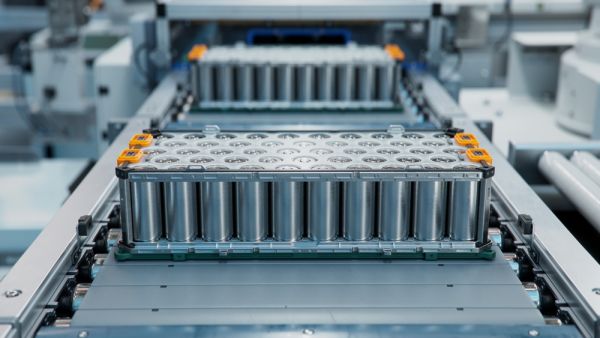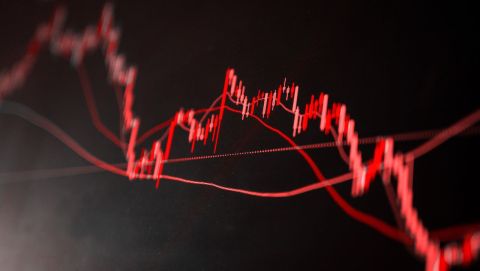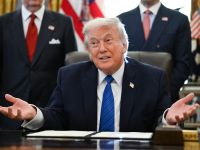ALBAWABA – China last week announced new graphite export restrictions, which are expected to have a disproportionate impact on foreign makers of electric vehicle (EV) battery components, Reuters reported Friday.
China's latest curbs on critical mineral exports, which is supposedly not targeted at a specific sector, according to Beijing, has fuelled uncertainty in the global EV supply chain.
Notably, Chinese producers dominate the global EV battery supply chain, including production of graphite – the single largest component. Companies in China process both the natural mineral, mined domestically and overseas, and synthetic.
Japan, South Korea and the United States (US) are top buyers of both natural and synthetic Chinese graphite, and Reuters’ analysts have warned the new measures could disrupt graphite supplies.
Unlike foreign EV battery producers, some Chinese manufacturers, including those with operations overseas, said they expect limited impact from the curbs.
Most of the EV batteries they make use a grade of synthetic material that is unaffected by the curbs, Reuters reported.

China’s new graphite export restrictions could impact the production of EV batteries globally as the mineral is one of the key components - Shutterstock
Many Chinese firms use synthetic graphite, but not the high grade form covered under the new measures, with a density of 1.73 grams per cubic centimetre and above.
Under the new rules, China will require export permits starting December 1 for high-end synthetic graphite, as well as key forms of the natural mineral.
On one hand, producing petroleum-based synthetic graphite is more polluting, and on the other natural graphite anodes also tend to be cheaper, making them vulnerable to the Chinese curbs.
But Chinese companies, which have been building overseas plants, said the restrictions will have little effect on their operations abroad.
The Chinese firms use synthetic graphite, but not the high grade form covered under the new measures, with a density of 1.73 grams per cubic centimetre and above.
Volkswagen-backed Chinese firm Gotion High Tech produces batteries in Germany and has plans for a plant in the US. The company said graphite used in its batteries has a density lower than 1.7 grams per cubic centimetre, which would make it unaffected by the restrictions.









